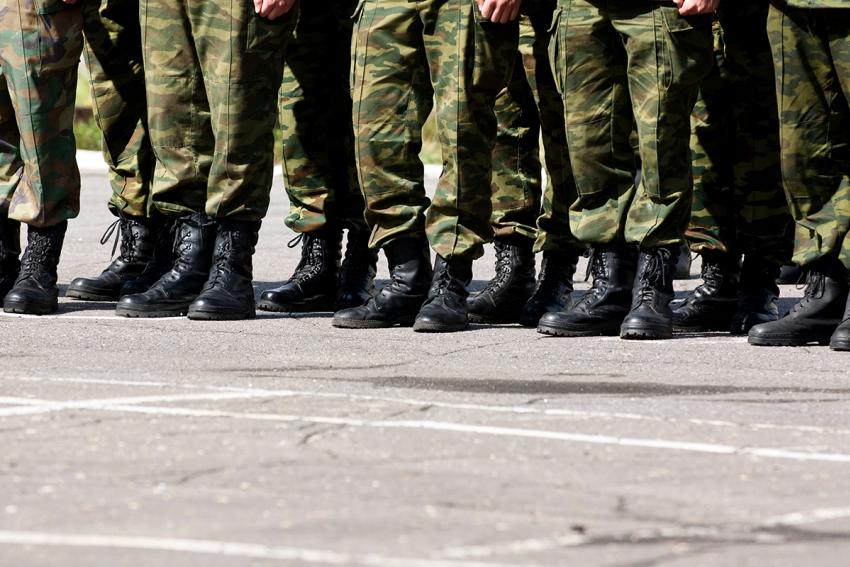
It is difficult to propose a rights-based approach under the imminent risk of being cast on the side of the conservatives, to say the least. What a paradox, and yet it is essential to bring that mirror closer to crucial issues such as the situation of indigenous peoples in the face of the evident militarization that has been established in the times of the so-called 4T.
Article 129 of the Constitution that governs us in the country states: in times of peace, no military authority can exercise more functions than those that have an exact connection with military discipline. Nothing to do with those that have been assigned to the Army, by giving it control of megaprojects under construction such as trains, in addition to ports, airports, customs, roads, public security, including the construction and administration of hotels in the so-called Mayan Train area.
In this context, the study recently presented by the Expert Mechanism on the Rights of Indigenous Peoples, called Impact of Militarization on the Rights of Indigenous Peoples (UN-Human Rights Council, in accordance with the provisions of the resolution 33/25 of the 54th period of sessions, September 11th -October 6th, 2023), work that responds to a problem experienced by people in large regions of the world, evidently not originated or dedicated to our country or its current government. This mechanism held a meeting of experts in December of last year to lay the foundations for the study, which has benefited from the presentations made and more than 120 contributions received from states, indigenous peoples, national human rights institutions and academics experts, among others. I will highlight some of the central theses that in turn gave substance to the final recommendations.
From the outset the study states that militarization refers to any type of military strategy or activity that impacts the rights of indigenous peoples as articulated in the United Nations Declaration on the Rights of Indigenous Peoples. It covers, for example, any strategy or activity of a military nature, including the establishment of supply facilities, infrastructure, bases or other action necessary for the development of military strategies or activities that aim to exercise control over indigenous territories for reasons of national security, insurgency and counterinsurgency operations, border control, access to natural resources, conservation purposes, execution of development projects or protection of the interests of transnational companies.
States are advised to end ongoing militarization activities and refrain from resuming them in the future, and also initiate processes of demilitarization of the territories, waters and oceans of indigenous peoples. The backdrop is found in article 30 of the UN Declaration on the Rights of Indigenous Peoples, the first paragraph of which states that: military activities shall not be carried out on the lands or territories of indigenous peoples, unless it is justified by a reason of relevant public interest or that it has been freely agreed with the indigenous peoples concerned, or that they have requested it. The following paragraph states: states shall hold effective consultations with the indigenous peoples concerned, through appropriate procedures and in particular through their representative institutions, before using their lands or territories for military activities.
Nevertheless, in practice, extractive industry projects, conservation initiatives and military operations in indigenous territories continue to be authorized on the basis of public need, public interest or public purpose, without justifying the restrictions associated with the rights of indigenous peoples in terms of necessity or proportionality with respect to public need, purpose or interest.
Despite this framework of reinforced protection of the territories of indigenous peoples against military activities, these peoples face enormous difficulties in the face of contemporary phenomena of militarization linked to extractive industries, conservation, internal security and organized crime, among other factors.
In summary, the right to self-determination of indigenous peoples is often perceived as a threat to national security and the territorial integrity of the State and, instead of being understood as a means to guarantee rights, it is considered contrary to national development interests.
On a day-to-day basis, the need for the mobilization of the people prevails above waiting for the reconsideration of states.
Original article by Magdalena Gómez at https://tinyurl.com/4z5zwx5v
Translated by Schools for Chiapas
